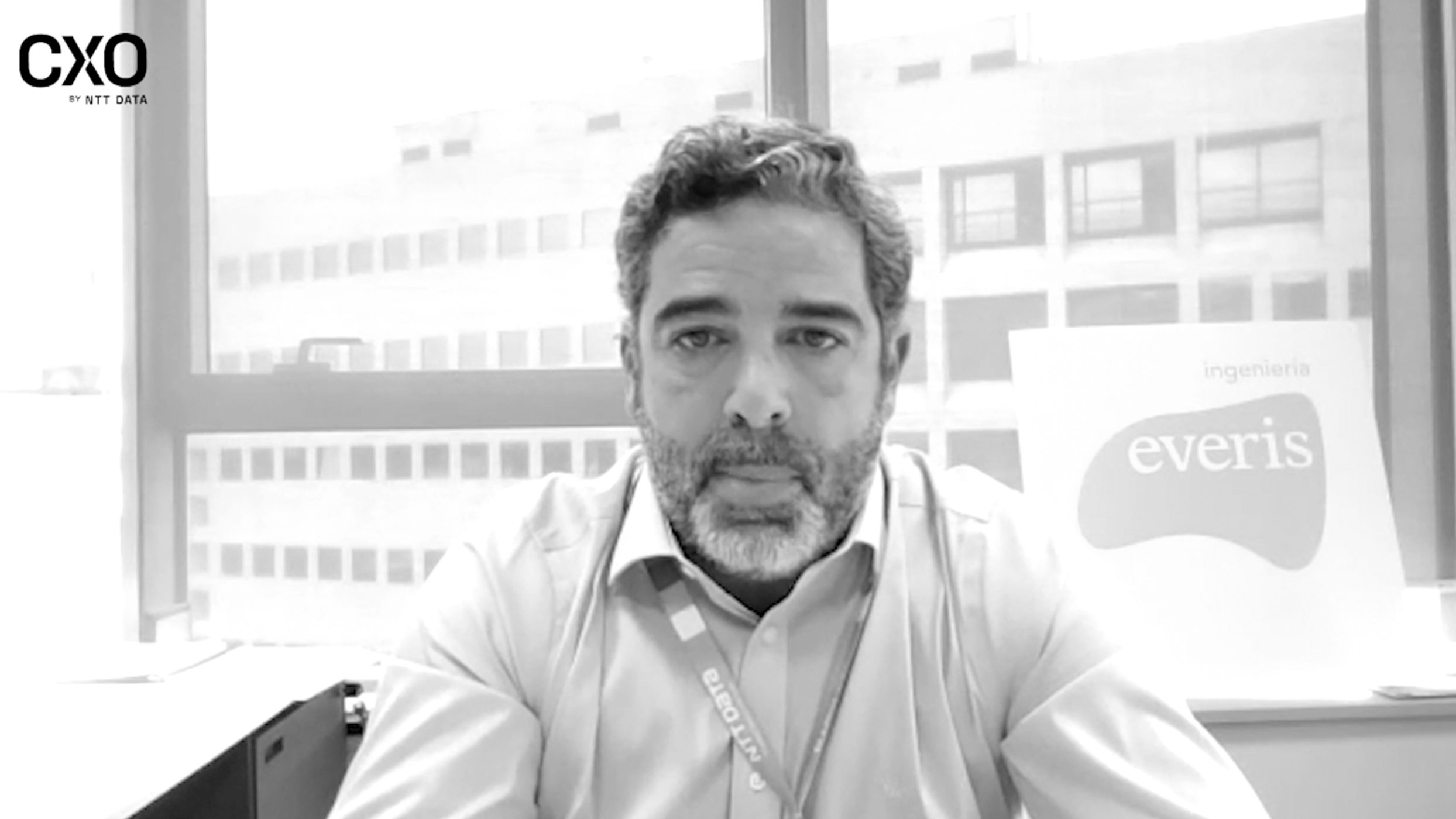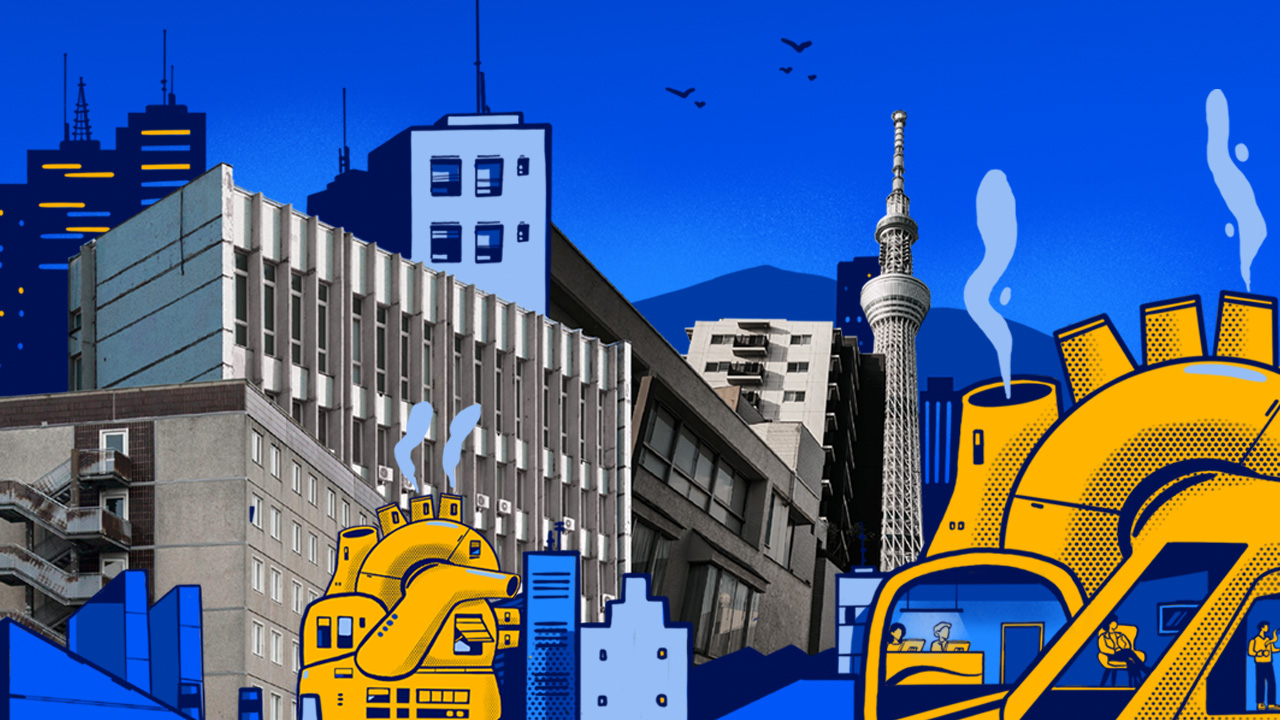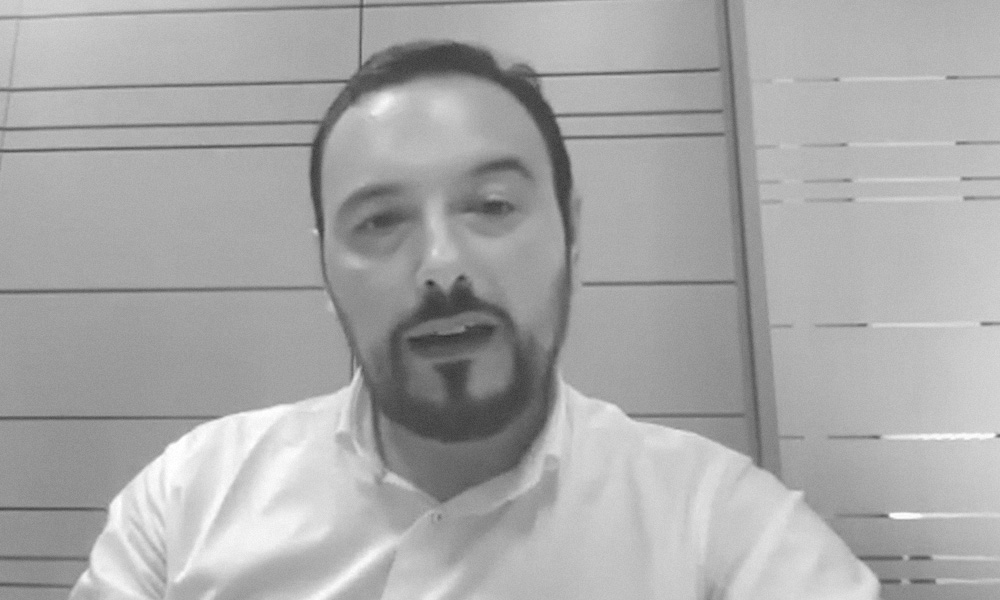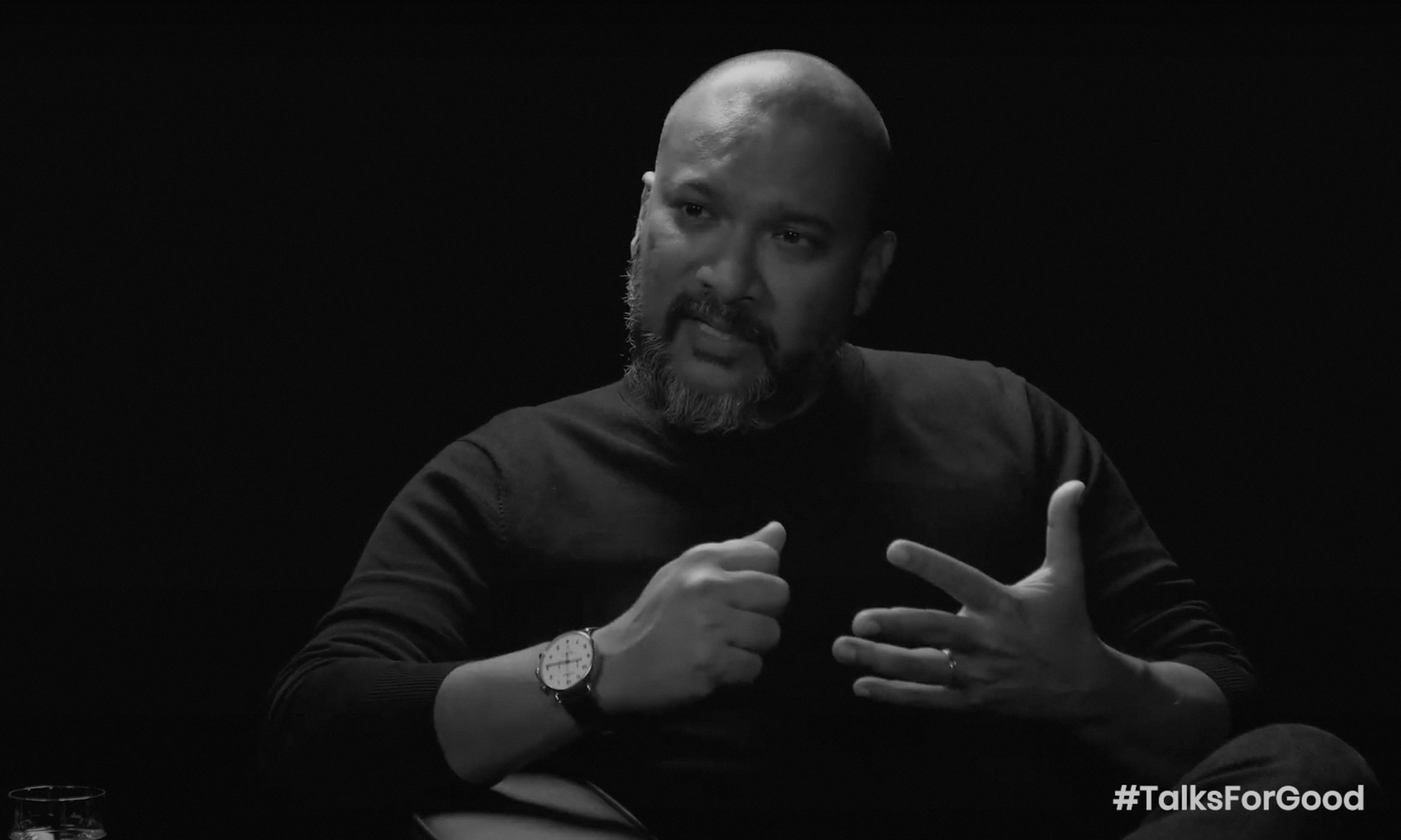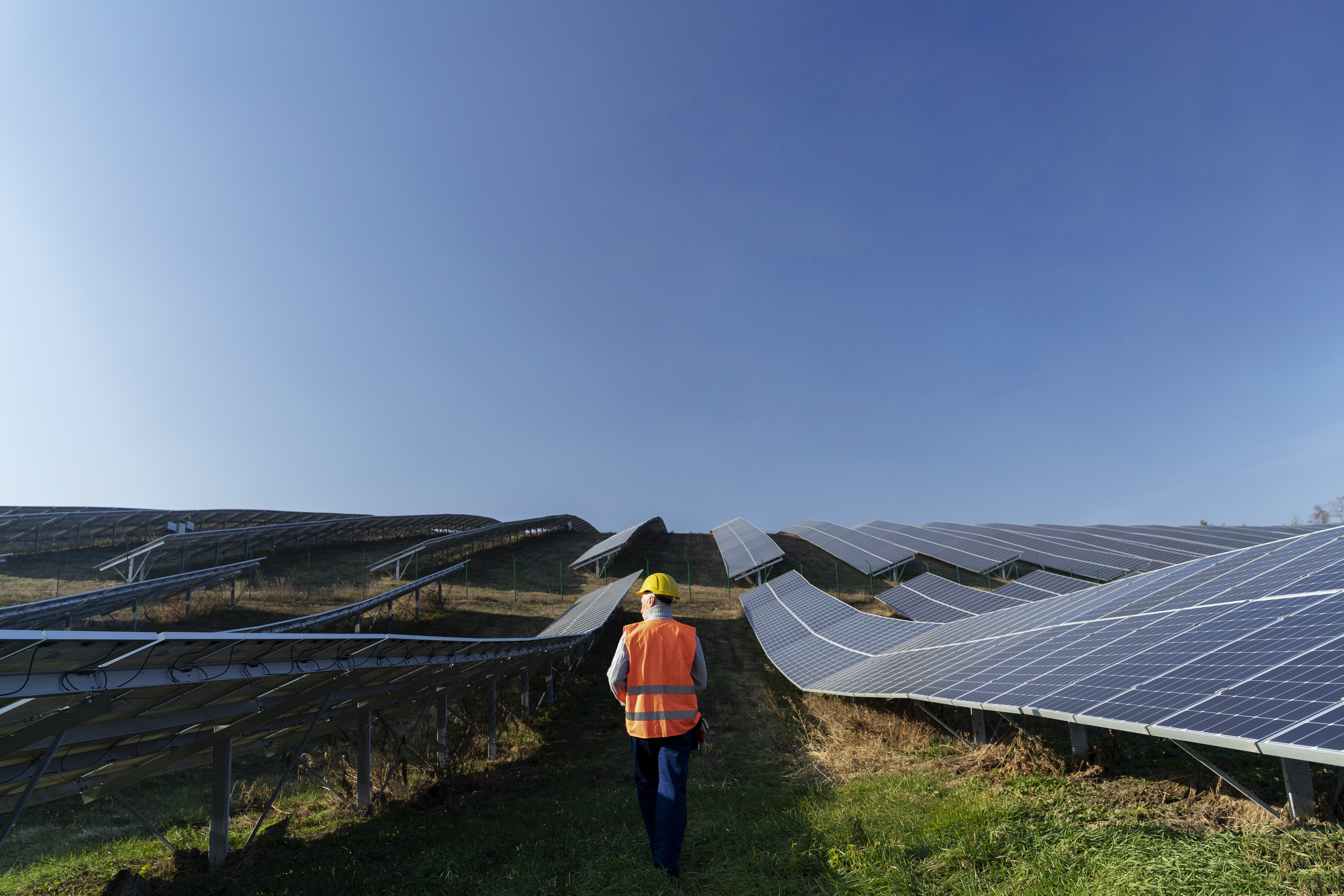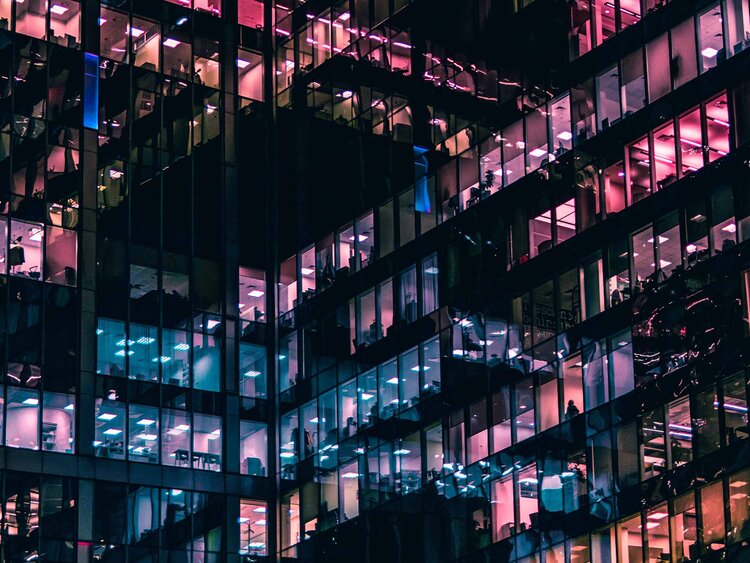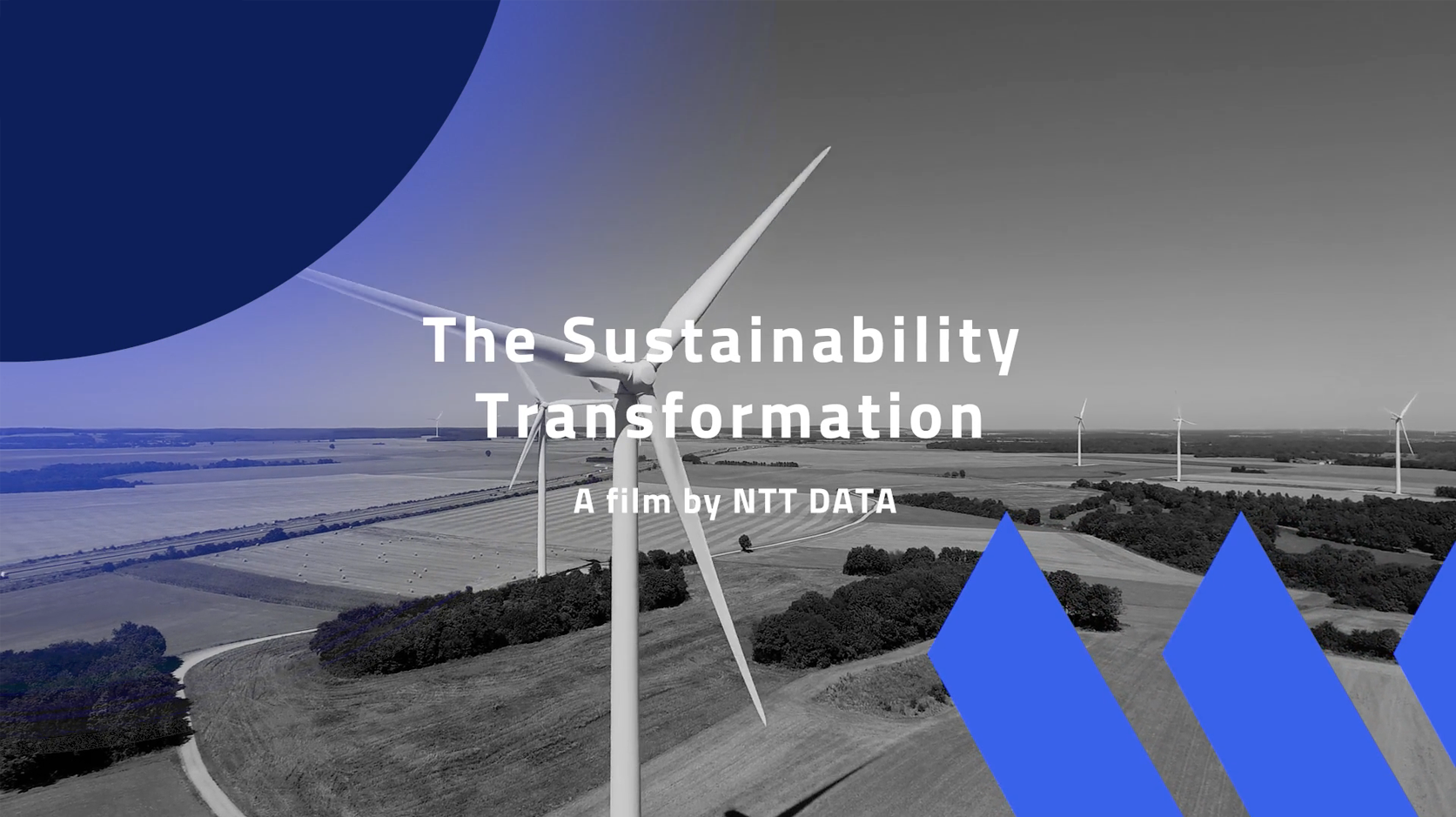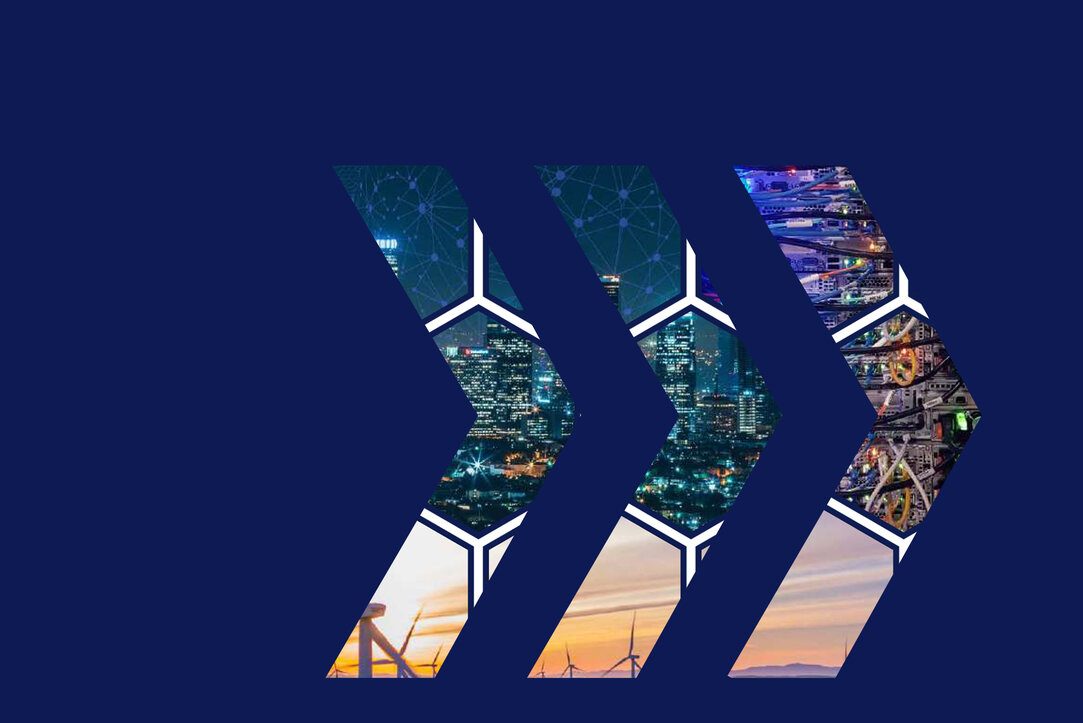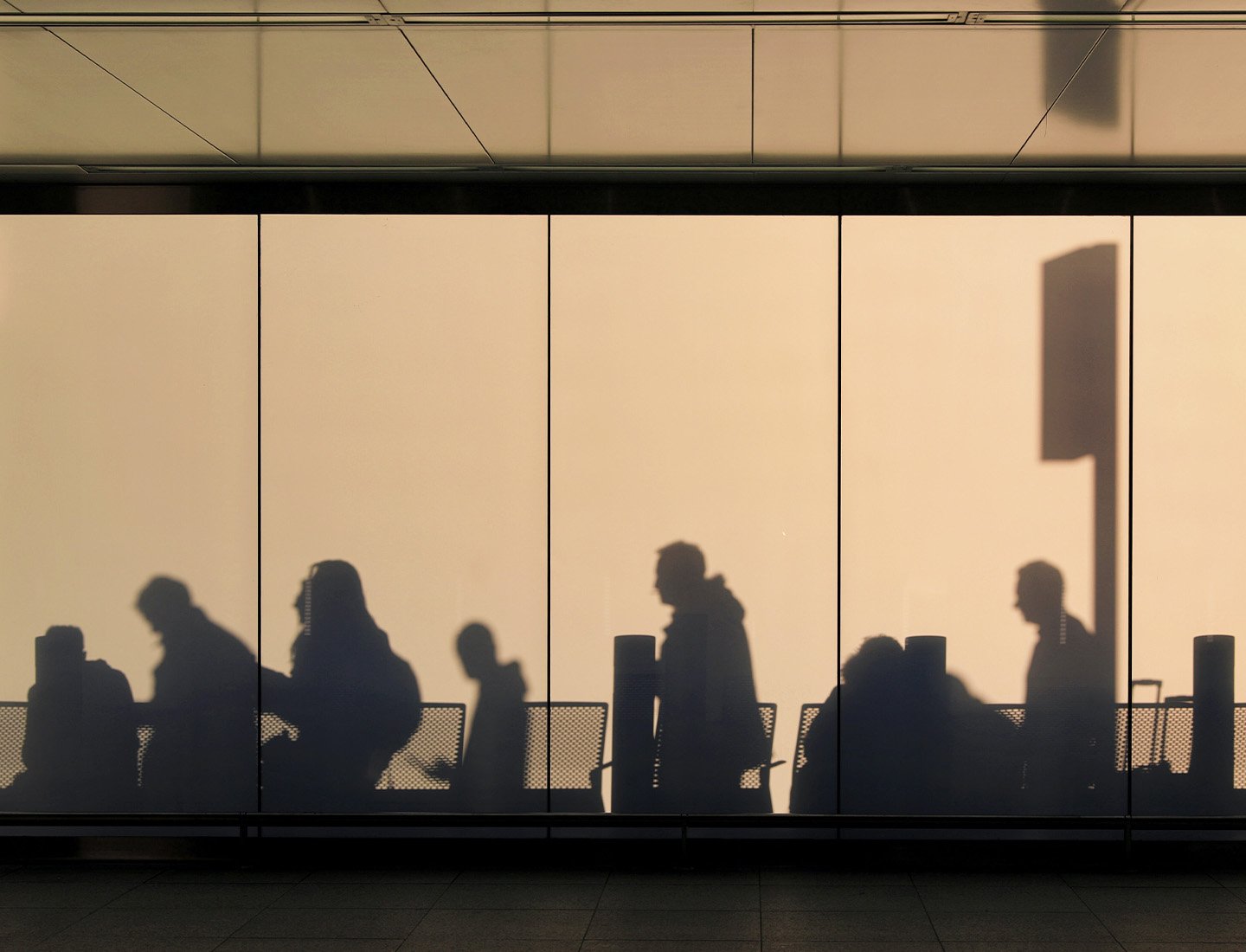
Photograph: Michael Dziedzic/Unsplash
“A society grows great when old men plant trees whose shade they know they shall never sit in.”
– Greek proverb
There is more than meets the eye in relation to sustainability and its impact on your company. In the last 20 years, ‘job done’ may have involved companies buying a few recycling bins and reducing water usage in their offices. As awareness of sustainability challenges has increased, so too have the expectations of organisations to contribute positively.
Sustainability is something that I have been distinctly aware of from a very young age. My father was a devoted environmentalist, passionate about raising awareness of the long-term damage from decades of local, national and global decisions made without consideration or understanding of environmental impacts. Whilst each individual can play their part, it is large organisations that have the ability to drive significant change.
Given the wealth of information available at the touch of a button, it is no coincidence that Generation Z are the first to say with one voice that companies must take sustainability more seriously.
Legacy organisations cannot continue with the same business models that saw them succeed in the previous millennia, however. They are having to shift perspectives and practices to cater to consumers who seem invested in combating climate change like never before.
Why do Generation Z have such different views to those before them?
Born between 1997 and 2015, Gen Z is the first generation to grow up in an internet age from birth, and thanks to this, they are much more aware of what is going on globally, not just in their immediate community or country. This generation is much more informed about the damages that have been done to the world we live in.
A brief scan through Facebook or Instagram can bring up a reel of horrendous photos of the devastation arising from a lack of sustainability and the ignorance of previous generations on what it takes to protect the environment. Given the wealth of information available at the touch of a button, it is no coincidence that Generation Z is the first to say with one voice that companies must take sustainability more seriously.
The under-25s not only want organisations to contribute to sustainability, they want to be involved.
What’s now expected of employers?
Generation Z will increasingly make up both your workforce and your customer base. Early indicators suggest that the generation after (Generation Alpha, those born after the mid-2010s) will care about sustainability even more. Simply, Generation Z and beyond are your company’s future, and they want you to take action. The under-25s not only want organisations to contribute to sustainability, but they also want to be involved. Employee satisfaction has been shown to improve when staff feel able to give back to their community.
Each generation has different expectations, and psychological contracts, with their employers. In the ‘good old days’, companies relied on providing competitive salaries to attract employees and maintain them. The employee package of pension, annual leave and benefits could be tweaked as required, and having a strong company brand and reputation would attract higher calibre staff. This approach is still somewhat effective, but Generation Z is much more comfortable job-hopping if it means going to work for a company that shares its environmental concerns and values.
Words simply aren’t enough; both employees and consumers are actively searching online for information on carbon emissions, plastic consumption and green credentials. Generation Z is the first modern-day workforce to not place salary as the single most important factor in choosing one employer over another.
Of course, Generation Z is not alien to the rest of the workforce; all employees are equally deserving of being respected and valued for their individual contributions. As consumers, Generation Z still wants to associate with brands that make them feel good. This generation is still as susceptible to marketing as the rest of us. The difference is that sustainability is of fundamental importance for Generation Z. All indicators show this trend will only get bigger. Organisations won’t survive if they cannot adapt.
Recently, whilst interviewing potential employees, I have been asked and challenged about our sustainability practices. This is a common question by interviewees about whether the employer has a robust and impactful sustainability strategy. Reporting on the company’s carbon emissions is an excellent place to start, if your organisation is not already doing so, to demonstrate commitment to climate action.
Up to 90% of a company’s carbon footprint is located within its supply chain and is often generated by suppliers globally. Very few companies measure the carbon emissions of their supply chain, as many countries do not stipulate a legal requirement to do so. While not mandated, investors and shareholders are increasingly likely to expect carbon emission data for a company’s supply chain due to the financial burden of achieving carbon neutrality. In May 2021, the price of carbon hit a record high in the European Union, above €50 per tonne. This price is likely to exponentially increase as demand increases for resources to achieve carbon-neutral status.
How is consumer behaviour changing established business models?
For a number of years, Ikea was the go-to shop for cheap, short-term use furniture. I remember many of my classmates at university furnishing their student accommodation for a few hundred pounds. I remember wondering at the time whether this business model could be sustained if one day people moved away from the endless cycle of buying cheap and new.
This is not to say that cheapness does not remain a very attractive proposition for many, and it doesn’t mean that the quality is low. But the desire for more sustainable living is a clear challenge for companies operating in these markets. For this reason, a system has emerged where waste is eliminated because resources are circulated and reused (the circular economy), meeting consumer needs while supporting the environment. This year, Ikea announced the Buy back & resell scheme, where customers can sell their furniture back to Ikea for it then to be resold, giving it a second lease of life.
Fashion retail has suffered significantly over the last ten years, as more questions have been asked about the sourcing of materials and the treatment of employees. Combined with the impact of Covid-19, this has led to many brands and retailers going bust and opened the door to new forms of fashion retail. In 2017, HURR, a fashion hiring platform where customers can not only borrow clothes but also loan their clothes to others, was launched. Fast, disposable fashion has created a desire to wear things once and always have a new look. Instead of expelling this idea completely, the answer could be to rent instead of buy and chuck.
If companies don’t act, they will fail to attract the best talent for current and future generations. They will lose current and future consumers.
Where does your organisation stand?
World Earth Day was introduced in 1970. However, only recently, a mainstream audience has really started to take sustainability seriously – along with the realisation that it may be too late.
With COP26, the UN’s Conference of the Parties on Climate Change, due to take place in Glasgow this November, action will need to be taken at all levels of society to meet the goals set out. With many big brands not only supporting the event but also publishing their own sustainability strategies, it is clear that all companies are responsible for taking action. If companies don’t act, they will fail to attract the best talent for current and future generations. They will lose current and future consumers.
There is still a debate amongst politicians, scientists, and world leaders on the importance of sustainability and whether it is downplayed or hyped-up. The bottom line is that Generation Z has spoken. It could not be clearer that they care about sustainability and will make career and consumer decisions accordingly. It is up to employers to decide where they stand.

